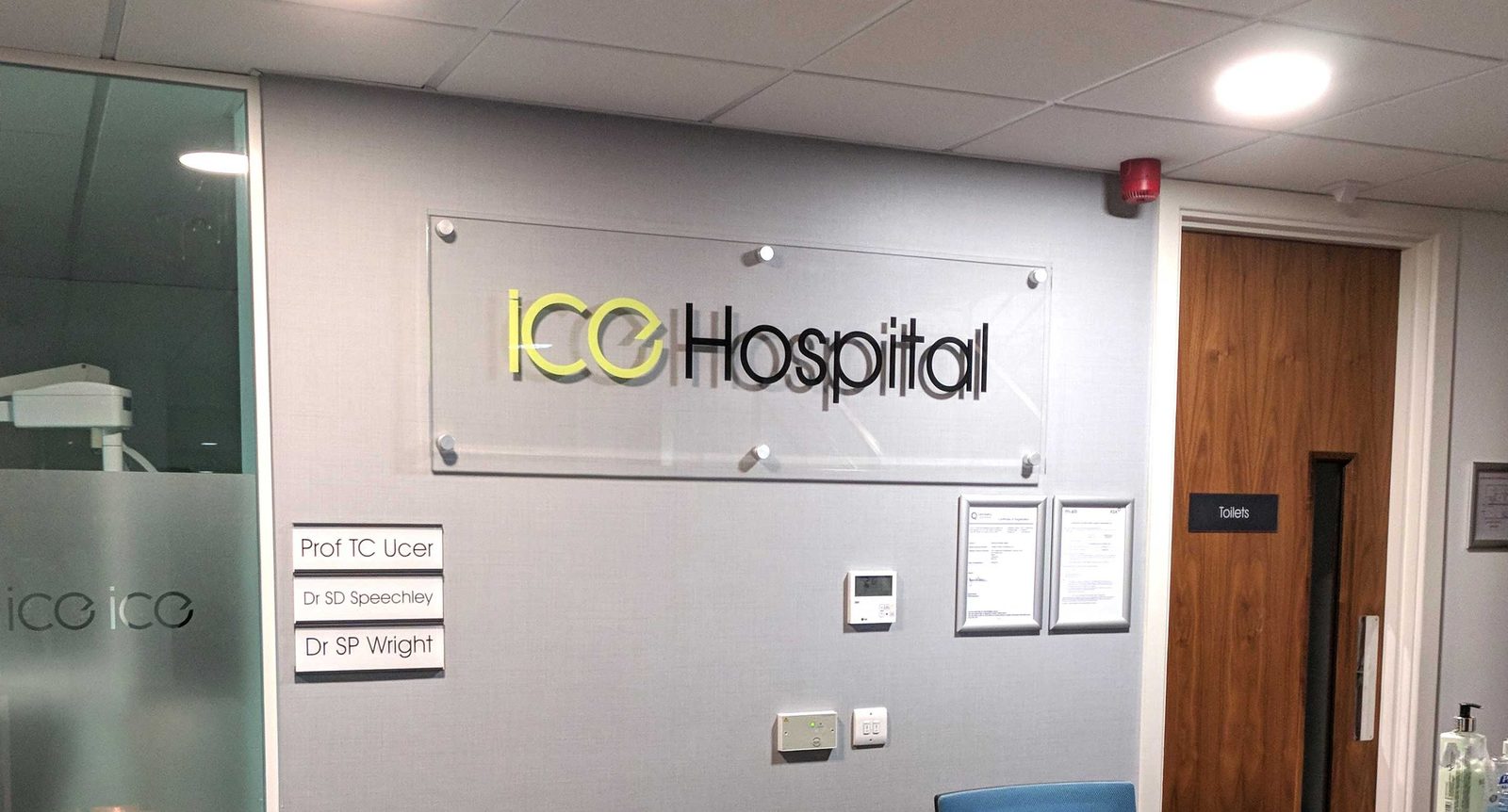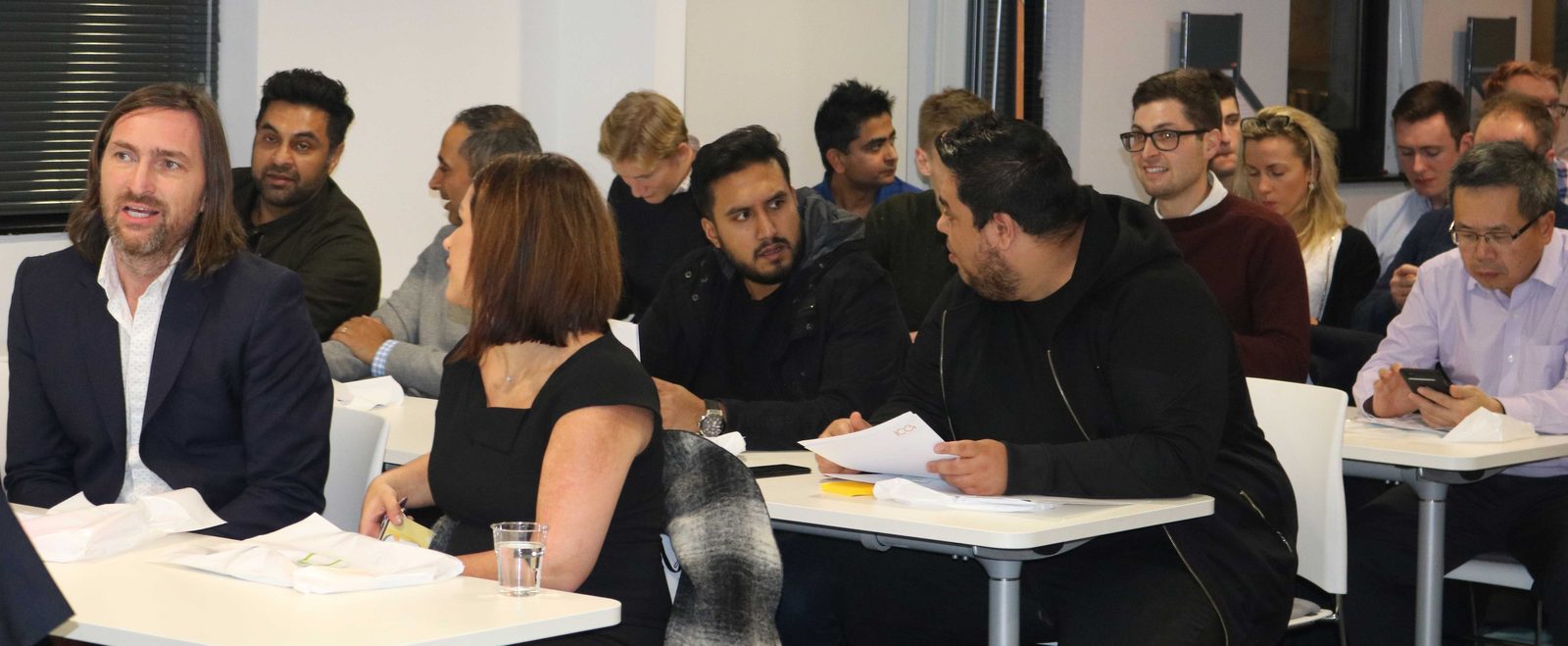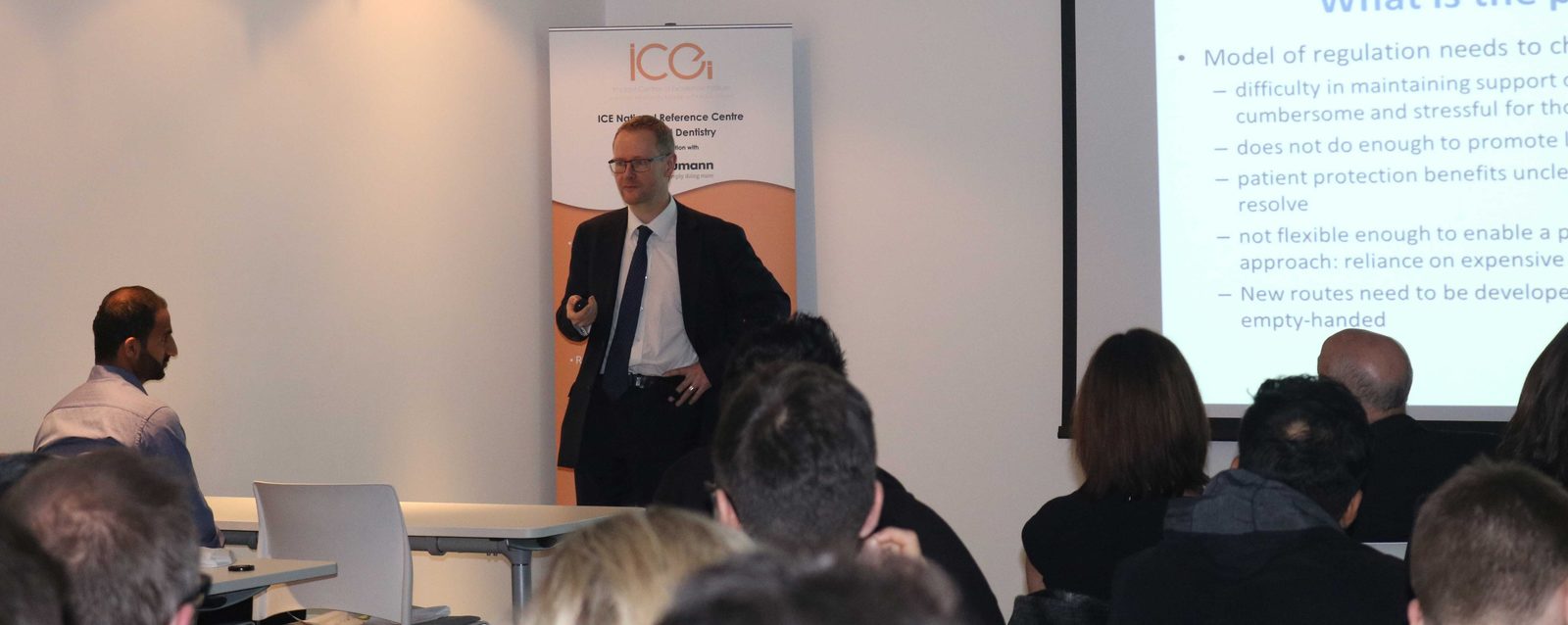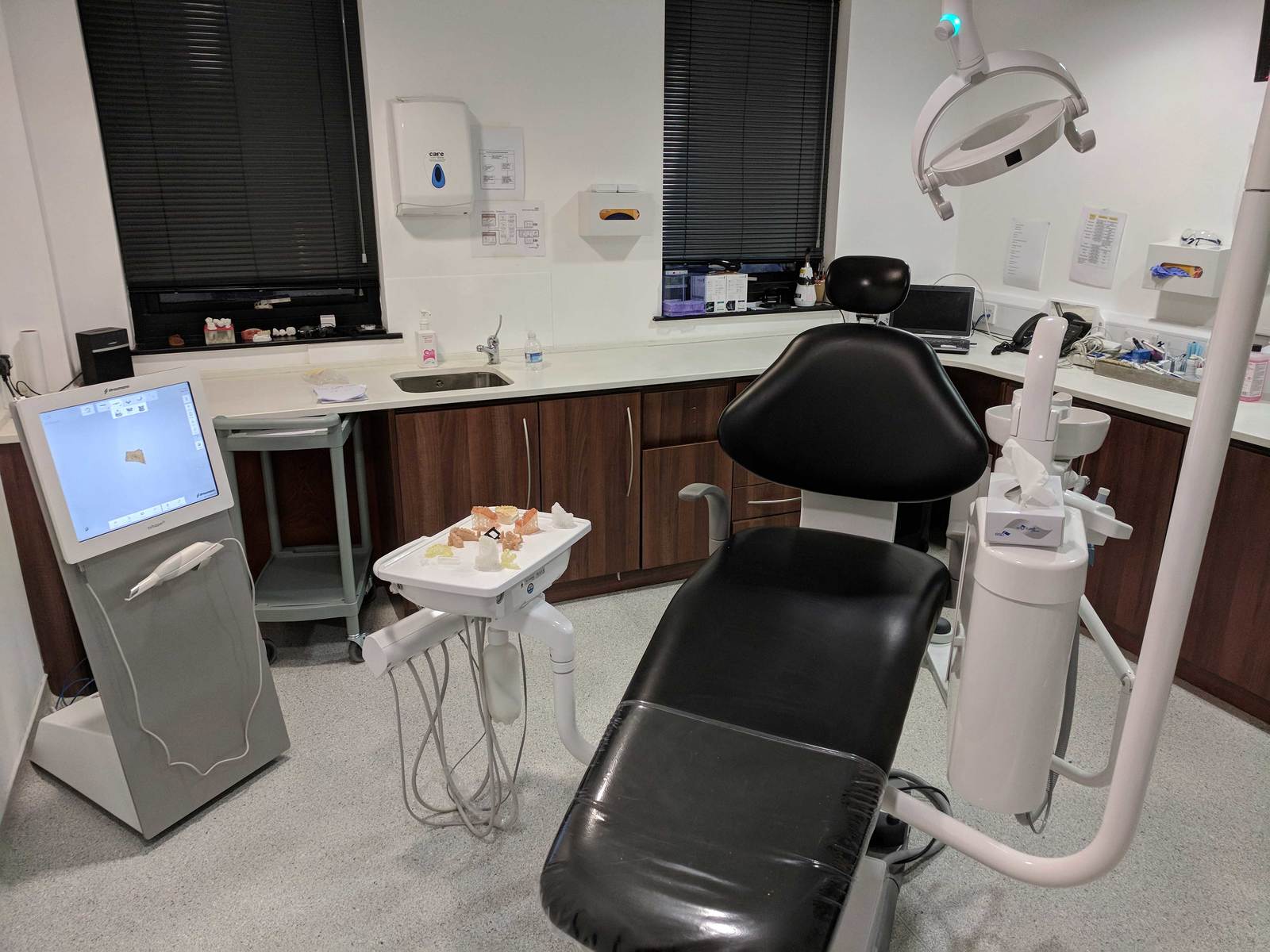 ICE Postgraduate Dental Institute and Hospital boasted a 100% pass rate in its most recent cohort of implantology students, Seb Evans went along to the centre to find out what’s different.
ICE Postgraduate Dental Institute and Hospital boasted a 100% pass rate in its most recent cohort of implantology students, Seb Evans went along to the centre to find out what’s different.
The dental implant market is expected to grow by around 10% by 2020, according to figures from Persistence Market Research. Advances in technology and dental tourism are some of the main reasons put forward for the rise. In the UK, another major contributor is a rising cosmetic demand from an ageing population. It’s for this reason many dentists are now looking to learn more about the world of dental implants and to start offering it in their own practices. But competition for implant courses is fierce and it can often be very confusing trying to work out which course is best suited for different dentists.
In 2013 the Implant Centres of Excellence Institute (ICE) opened its doors to delegates looking to learn how to offer implants to their patients. Its most recent cohort of students just graduated with a 100% pass rate, three of the students went a step further, getting a distinction.
Based in the heart of Salford Quays near Manchester, the ICE building was purpose-built to provide postgraduate training and digital dentistry in the implant field. It includes:
- Seven fully-equipped surgeries with intra-oral scanners
- A fully-equipped operating theatre
- State-of-the-art laboratory, 3D printers and CBCT scanner
- Live links between the surgery and lecture theatres
- MSc in implantology.
The centre is one of the most well-equipped dental implant education centres in the UK, so much so, Straumann is now using it as its national digital reference centre.
The team behind ICE
ICE is run by three directors: Dr Simon Wright, Dr David Speechley and Professor Cemal Ucer (who recently rewrote the FGDP(UK)’s Training Standards in Implant Dentistry), who between them, and along with Dr Gillian Crofts, have over 100 years’ experience in implant dentistry.
The centre accepts up to 25 students each year on its MSc course in implantology, which is validated by Edge Hill University. This way, Gillian Crofts says, the lecturers can dedicate enough time to each individual student and help to offer more support to those students that need it. ICE is also an accredited centre for examining dental nurses looking to qualify in dental implant nursing.
Over the course of the three years, MSc students are paired up and given four cases, provided by ICE, to follow. David Speechley explained that students are paired up because they all come to the course with different backgrounds, some with a bit of experience providing implants, others straight from university. By pairing each of the students up they can mentor each other through the process.
‘Education is very much different than just training and short courses,’ Gillian Croft said, when introducing the course. ‘Education is about giving people the theory, giving people the research evidence, so that they can use that to apply it to their practice.
‘Once people leave our courses, they haven’t just been trained how to do something, they also understand why they’re doing it, and how to justify it in their own practice. As time goes along, new technology comes along, practice changes. People that have got the education behind them can actually drive that change and be leaders in the field. And that’s what we want for our students here.’

Challenging the GDC to improve
At a time when the morale of the dental profession is being severely dented by an apparent rise in litigation and disciplinary proceedings, and dentists are raising serious concerns about the negative effect this has on day-to-day patient care, the chance for members of the dental profession to meet and question Matthew Hill (GDC, director of strategy) was an event not to be missed.
Recently a study group event held at the ICE Postgraduate Dental Institute & Hospital saw dental professionals from across the country gather to develop a first-hand understanding of how the GDC intends to regulate the profession. This included the opportunity to partake in an intense debate on the very relevant and highly important topic of dentists’ fitness to practise and the standards of complaint procedures.
Over recent years, the GDC has come under increasing scrutiny by the dental profession, with particular criticism for not being an effective regulator, taking too long to deal with the handling of complaints and the common belief the GDC is more interested in protecting the right of patients rather than supporting dental professionals when disputes arise.
The debate was moderated by principal dentist Professor Eddie Scher, someone who is no stranger to litigation and disciplinary proceedings at the GDC.
This lively debate discussed a range of topics from fitness to practise and dealing with the demographics of an ageing population, to the outcome of Brexit and the impact of digital technology on the profession – not just today, but in 10 years’ time.




